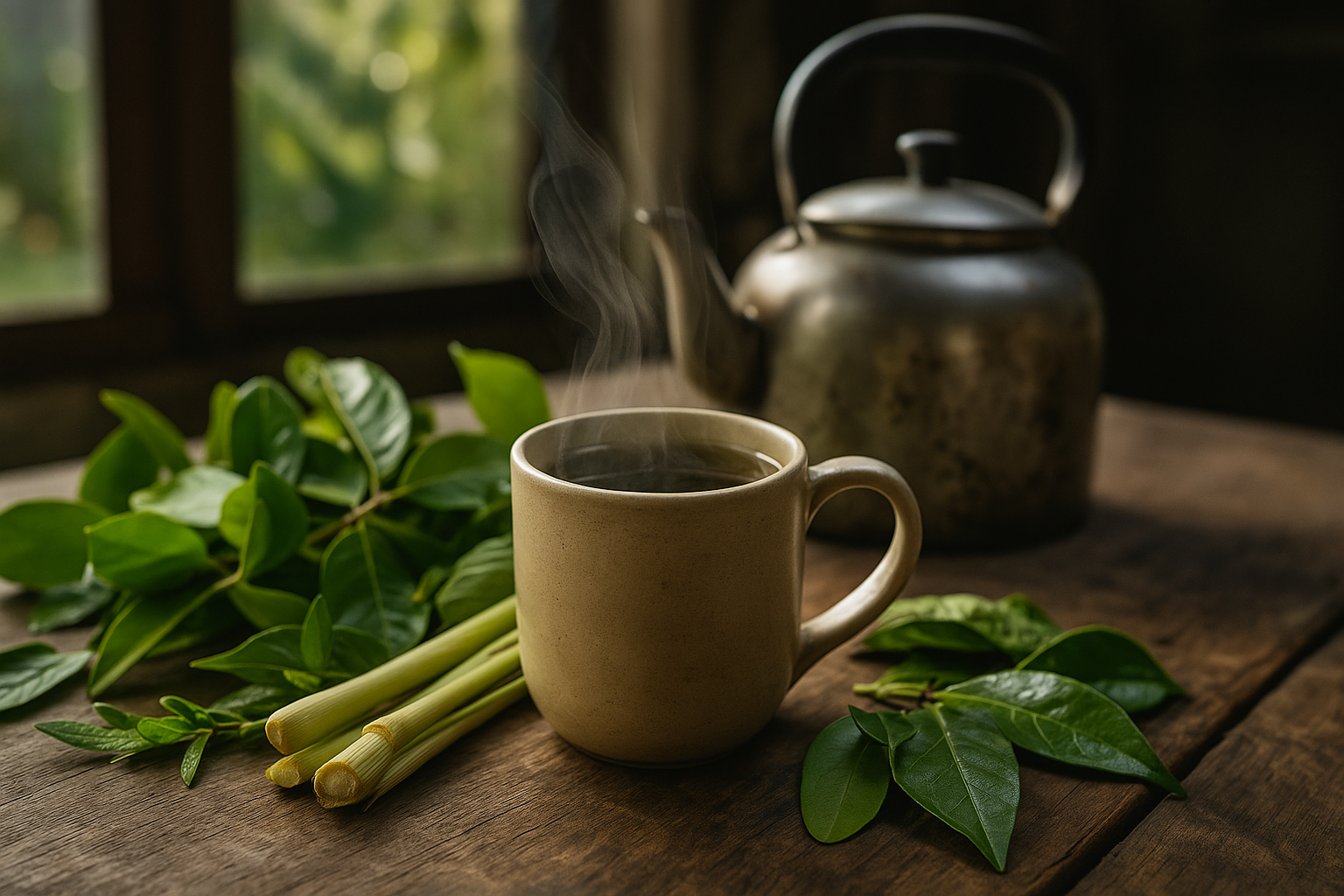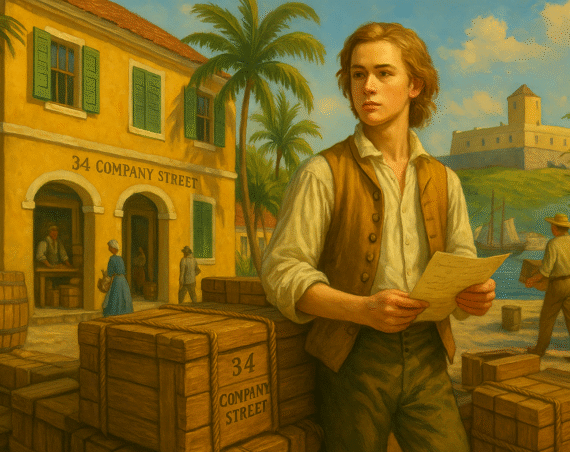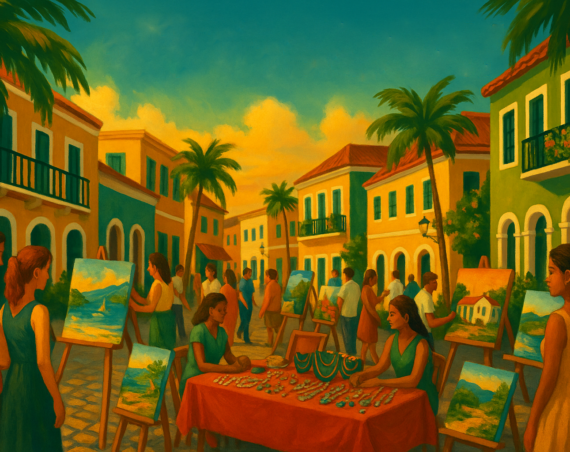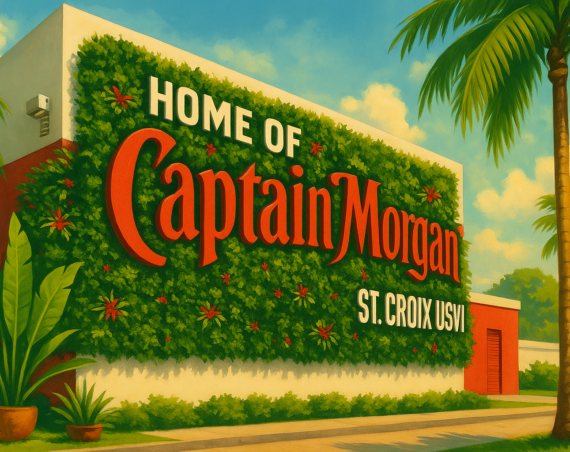If you spend any time in St. Croix, sooner or later someone will offer you a cup of Bush Tea—and you’d be wise to accept it. More than just a drink, Bush Tea is a centuries-old tradition passed down through generations of Crucians. Made from fresh or dried local herbs, leaves, and roots, it’s a soothing, fragrant beverage that reflects the island’s deep connection to the land and to natural wellness.
Bush Tea isn’t a brand or a specific recipe—it’s a concept. Depending on what’s growing nearby, what needs healing, or simply what’s available in the backyard or on a mountainside trail, the tea might include any combination of ingredients like:
- Lemongrass (locally known as fever grass) – bright and citrusy
- Soursop leaf – earthy and calming
- Basil, mint, or oregano – fresh and aromatic
- Guava leaf, nonie, or ginger – for immunity and digestive support
- Cerasee – bitter but widely respected for its cleansing properties
The flavor of Bush Tea can vary wildly—from light and floral to bold and bitter—depending on what’s used. But it’s always meant to nourish, heal, and connect. Many locals drink it in the morning, both as a ritual and a remedy, believing it can ease colds, reduce stress, lower blood pressure, and promote balance in the body.
Making Bush Tea is simple. You gather the leaves, rinse them well, boil them in water for 5–15 minutes (depending on the herb), and then steep. Some prefer it strong and medicinal; others mellow it with a touch of honey or a slice of lime. Traditionally, it’s served without milk, hot or warm.

Bush Tea also has deep cultural roots. It’s a legacy of African and indigenous knowledge—plant wisdom passed down through slavery, survival, and self-reliance. For many families in St. Croix, knowledge of what to pick for fever, stomach aches, or “bad feelings” wasn’t taught in schools—it was taught on verandas, in gardens, and over steaming cups in the early morning hours.
If you’re visiting the island, ask for Bush Tea at a local café, or better yet—get to know someone who makes their own. You won’t just be drinking tea; you’ll be experiencing a living piece of Crucian heritage.




